A proposed ban on spreading slurry with a splash plate, as well as a ban on the use of straight urea fertiliser, are “likely” to be included as DAERA proposals in an upcoming consultation, the Department has confirmed.
The changes, aimed at reducing ammonia emissions from NI agriculture, were originally recommended by an expert working group led by former Ulster Farmers’ Union president John Gilliland in December 2017.
In a response to the recommendations, published last week, DAERA officials said that a draft action plan on ammonia would be developed and put to public consultation later this year.
The expert group recommended banning the sale of slurry spreading equipment without low-emission technologies, such as dribble-bars and trailing shoes, by 2020, ahead of a complete ban on the use of splash plates by 2025.
“The forthcoming consultation on the DAERA action plan on ammonia is likely to include the proposal to restrict the sale of new slurry spreading equipment with a splash plate only, in preparation for a total ban,” DAERA’s response reads.
Similarly, DAERA said that the upcoming consultation would be likely to include the group’s recommendation to ban the sale of straight urea fertiliser, in order to increase the use of treated or stabilised urea fertilisers, which have significantly lower ammonia emissions.
Also among the recommendations of the expert group was that all above ground slurry stores in receipt of capital grant aid from Government should be fitted with a cover. However, DAERA has suggested that the consultation is likely to include a proposal to make covers mandatory in all new stores, regardless of grant aid or not.
Agriculture is responsible for 93% of ammonia emissions in NI, mainly from the management and application of slurry and fertiliser. Nitrogen deposition as a result of ammonia pollution can damage plants in priority habitats that are adapted to low nitrogen conditions.
However, several of the recommendations from the Gilliland group pointed to “significant evidence gaps” in the understanding of ammonia emissions and the need for more local research to allow better informed policy decisions.
DAERA’s response has been to commission a range of research projects at AFBI. This research will also be used to guide future decisions relating to planning permission for farm buildings.
For around 100 planning applications that have been delayed due to concerns around ammonia, including 17 applications to Tier 2 of the Farm Business Improvement Scheme, DAERA has confirmed that responses will be issued to local planning authorities within the next month.
“The department will be redeploying resources to ensure the backlog is dealt with as quickly as possible,” DAERA director David Small said last week.
It is understood that most, but not all of these applicants, will be successful.
Read more
Expert group wants splash plates ban
Ammonia threat to the future of farming
NIEA to move on ammonia impasse
A proposed ban on spreading slurry with a splash plate, as well as a ban on the use of straight urea fertiliser, are “likely” to be included as DAERA proposals in an upcoming consultation, the Department has confirmed.
The changes, aimed at reducing ammonia emissions from NI agriculture, were originally recommended by an expert working group led by former Ulster Farmers’ Union president John Gilliland in December 2017.
In a response to the recommendations, published last week, DAERA officials said that a draft action plan on ammonia would be developed and put to public consultation later this year.
The expert group recommended banning the sale of slurry spreading equipment without low-emission technologies, such as dribble-bars and trailing shoes, by 2020, ahead of a complete ban on the use of splash plates by 2025.
“The forthcoming consultation on the DAERA action plan on ammonia is likely to include the proposal to restrict the sale of new slurry spreading equipment with a splash plate only, in preparation for a total ban,” DAERA’s response reads.
Similarly, DAERA said that the upcoming consultation would be likely to include the group’s recommendation to ban the sale of straight urea fertiliser, in order to increase the use of treated or stabilised urea fertilisers, which have significantly lower ammonia emissions.
Also among the recommendations of the expert group was that all above ground slurry stores in receipt of capital grant aid from Government should be fitted with a cover. However, DAERA has suggested that the consultation is likely to include a proposal to make covers mandatory in all new stores, regardless of grant aid or not.
Agriculture is responsible for 93% of ammonia emissions in NI, mainly from the management and application of slurry and fertiliser. Nitrogen deposition as a result of ammonia pollution can damage plants in priority habitats that are adapted to low nitrogen conditions.
However, several of the recommendations from the Gilliland group pointed to “significant evidence gaps” in the understanding of ammonia emissions and the need for more local research to allow better informed policy decisions.
DAERA’s response has been to commission a range of research projects at AFBI. This research will also be used to guide future decisions relating to planning permission for farm buildings.
For around 100 planning applications that have been delayed due to concerns around ammonia, including 17 applications to Tier 2 of the Farm Business Improvement Scheme, DAERA has confirmed that responses will be issued to local planning authorities within the next month.
“The department will be redeploying resources to ensure the backlog is dealt with as quickly as possible,” DAERA director David Small said last week.
It is understood that most, but not all of these applicants, will be successful.
Read more
Expert group wants splash plates ban
Ammonia threat to the future of farming
NIEA to move on ammonia impasse




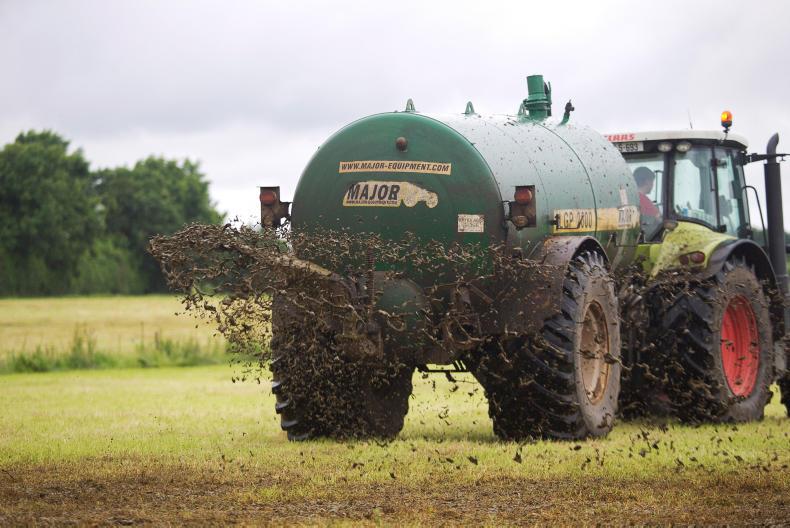
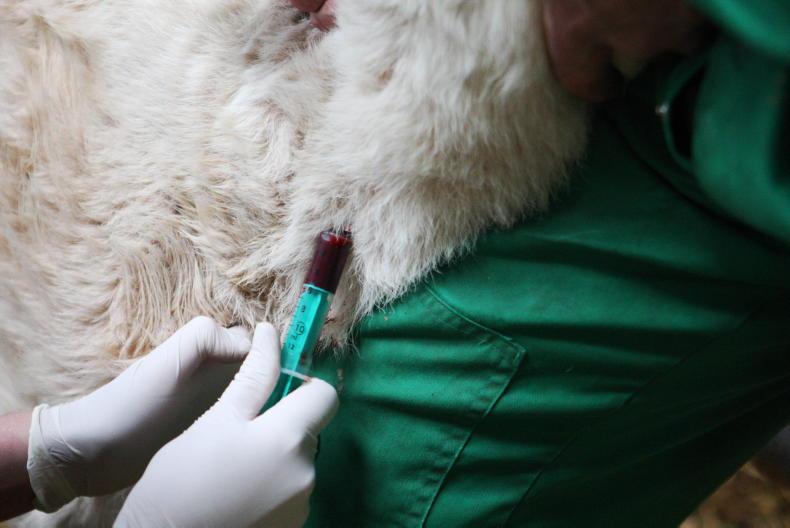
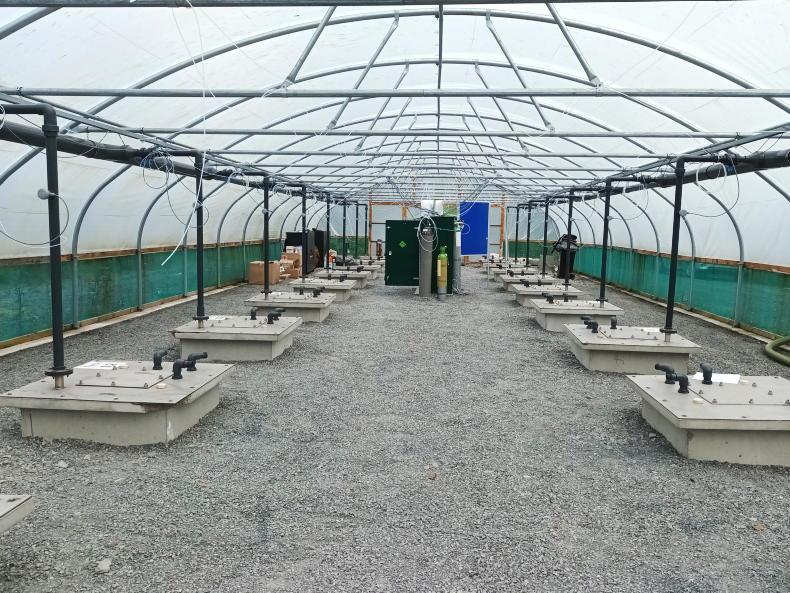
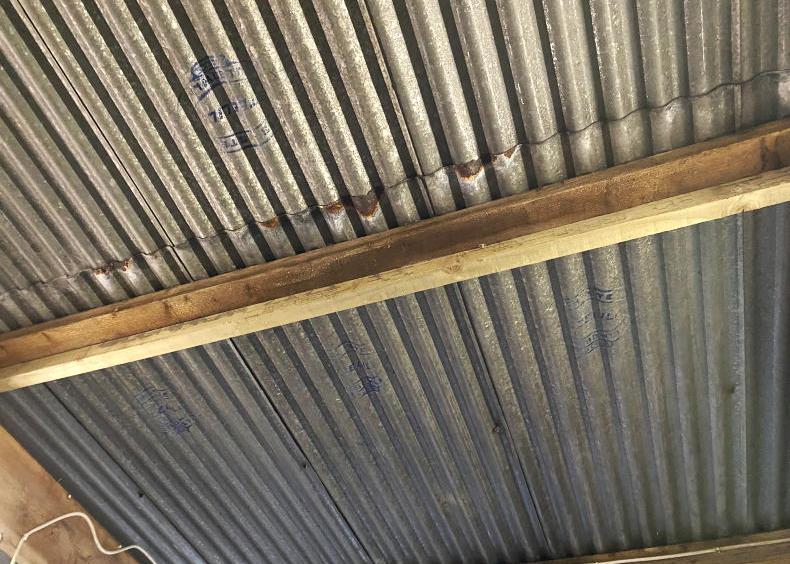
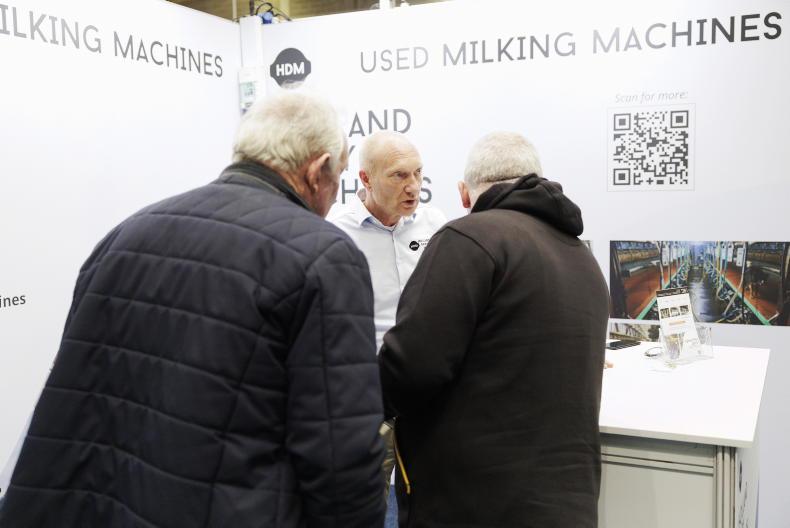
SHARING OPTIONS